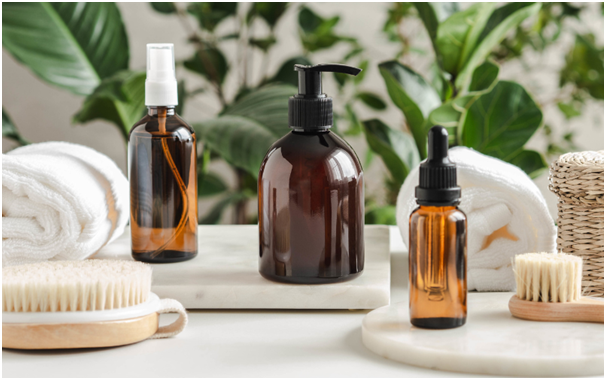The Ethical Dilemmas of Skincare You Need to Be Aware Of

As consumers become more conscious about what they put on their skin, the ethical implications of skincare products have come into focus. From ingredient sourcing to sustainability, these dilemmas affect the quality and integrity of products like hydrating masks, anti-wrinkle eye cream, pigmentation lotions, and more. Here are the top ethical concerns to keep in mind when building a responsible skincare routine.
1. Animal Testing and Cruelty-Free Standards
Animal testing remains one of the most discussed ethical dilemmas in the skincare industry. Many skincare products, including hydrating skincare items and anti-wrinkle eye creams, were historically tested on animals to ensure safety. While some regions have banned this practice, it is still prevalent in certain parts of the world. The cruelty-free movement advocates for testing alternatives that do not harm animals, but inconsistencies in labelling and certification can make it challenging for consumers to discern truly cruelty-free products. Look for internationally recognised cruelty-free certifications to ensure the skincare products you choose align with your ethical beliefs.
2. Environmental Impact of Ingredient Sourcing
The extraction and production of skincare ingredients can have significant environmental impacts. Ingredients like palm oil, which is commonly found in many hydration and anti-ageing products, often lead to deforestation and the destruction of wildlife habitats. Other ingredients, such as certain plant extracts used in pigmentation lotions, may be sourced unsustainably. To minimise environmental harm, seek products that transparently source ingredients or choose brands that use sustainably farmed botanicals. Ethical skincare brands often share detailed information on where and how they obtain their ingredients, providing an environmentally friendly alternative for conscious consumers.
3. Fair Trade and Worker Welfare
Behind each skincare product lies a supply chain that includes workers who harvest and process ingredients. Ethical skincare raises questions about fair wages and safe working conditions for these individuals, particularly in regions with limited labour protections. Ingredients like shea butter, which is a staple in many hydrating masks and creams, are often sourced from communities where labour rights may not be upheld. Choosing skincare products made with fair trade ingredients ensures that the workers receive fair compensation and work in humane conditions, contributing positively to local communities.
4. Environmental Impact of Packaging
Single-use plastics and excessive packaging are significant issues in the skincare industry. From plastic jars to shrink wraps, packaging often leads to substantial waste, with many containers ending up in landfills. Some hydrating skincare products and anti-wrinkle eye creams come in multiple layers of packaging, which exacerbates this problem. To reduce your environmental footprint, opt for skincare products that come in recyclable or reusable packaging, or look for brands that use minimal and eco-friendly materials. Refillable options are becoming increasingly available, making it easier for consumers to reduce waste.
5. Transparency and Ingredient Labelling
Misleading claims and a lack of transparency in ingredient labelling pose ethical challenges in skincare. Terms like “natural” or “organic” are sometimes used loosely, leading to confusion about the actual content and quality of skincare products. This lack of transparency can prevent consumers from making informed choices. Look for products that provide a full ingredients list and avoid those that use vague or misleading terms. With clearer labelling, you can better evaluate the quality and ethical standards of products, such as pigmentation lotions or hydrating masks, and make conscious choices that align with your values.
Making Ethical Choices in Skincare
Navigating these ethical dilemmas requires careful consideration, as the skincare industry involves various environmental and social factors. By choosing cruelty-free, fair trade, and sustainably packaged products, you can make informed choices that support both skin health and ethical practices. For those looking to build an ethically responsible skincare routine, understanding these dilemmas is a crucial first step.
For more information about ethical skincare solutions, contact BareSkin Elements today.




